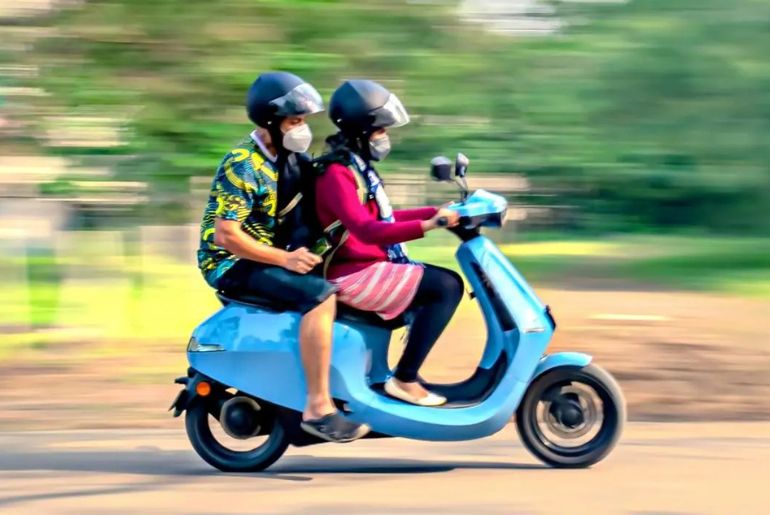In a bid to accelerate the adoption of electric motorcycles, NITI Aayog has convened a high-level meeting with India’s leading two-wheeler manufacturers, including Hero MotoCorp, Bajaj Auto, and TVS Motor. The discussion aims to address critical challenges such as affordability, safety, localisation of components, and charging infrastructure.
Government data reveals that electric motorcycles accounted for less than 0.1% of overall two-wheeler sales in FY24—well short of the ambitious 30% target set for 2030. While electric scooters currently make up around 5% of sales, the motorcycle segment continues to trail far behind.
Industry officials highlighted that high costs, limited battery-swapping options, and consumer concerns around range and durability have slowed adoption. Legacy manufacturers such as Hero and Bajaj have adopted a cautious approach, citing supply chain gaps and technology readiness, whereas start-ups and new entrants are beginning to tap the segment with affordable EV motorcycle models.
Experts note that greater penetration of electric motorcycles could play a pivotal role in helping India meet its climate goals and reduce dependency on imported fossil fuels. However, achieving this requires striking a balance between affordability, performance, and reliable infrastructure.
With growing regulatory pressure and rising consumer awareness, the upcoming engagement between the government and major two-wheeler companies is expected to be a turning point for India’s electric motorcycle market.

